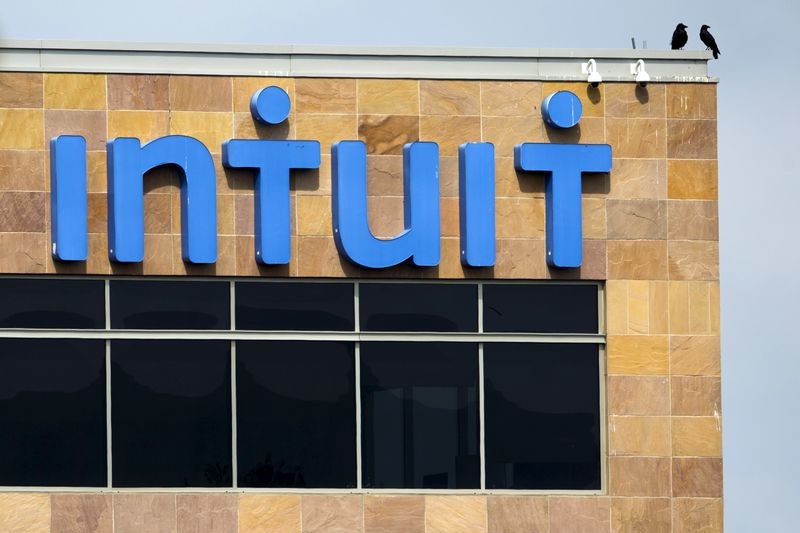By Senad Karaahmetovic
Intuit (NASDAQ:INTU) reported better-than-expected FQ2 results but its shares still failed to stage a rally as the company’s guidance missed the average analyst estimate.
Intuit reported an FQ2 EPS of $2.20 on revenue of $3 billion, beating the consensus for earnings of $1.47 per share on sales of $2.91B. Revenue jumped 14% year-over-year despite Credit Karma sales falling 16% to $375 million.
“We had a strong second quarter as we executed on our strategy to be the global AI-driven expert platform powering prosperity for consumers and small businesses,” said Sasan Goodarzi, Intuit's chief executive officer.
For this quarter, Intuit sees adjusted EPS in the range of $8.42-8.49, missing the $8.92 consensus. Revenue is expected to increase 8-9%.
For 2023, the adjusted EPS is expected at $13.74 (up or down 15c), above the average analyst estimate of $13.68. Revenue is expected in the range of $14.035B-$14.25B, somewhere in-line with the consensus of $14.13B. The company expects Credit Karma’s full-year revenue to fall between 10% and 15%.
Mizuho analysts believe Intuit de-risked FY23 after offering conservative guidance. The analysts also noted that the CFO transition “could be a slight negative to a strong set of FQ2 results.”
“Intuit delivered a strong FQ2, delivering beats across the board with strong margin outperformance. While read-through from SMB-focused software peers implied severe macro pressure on SMBs, Intuit delivered strong SMB revenue above consensus, which should help address investors' concerns. Given how segment revenues are de-risked, we expect Intuit to beat and raise in FQ3 after the end of the tax season,” they wrote in a note.
BMO analysts said the results were “solid.”
“Intuit delivered against a tough backdrop with better than expected upside, benefiting from an early tax season thus far,” they said in a client note.
Intuit shares are trading up marginally in premarket Friday.
